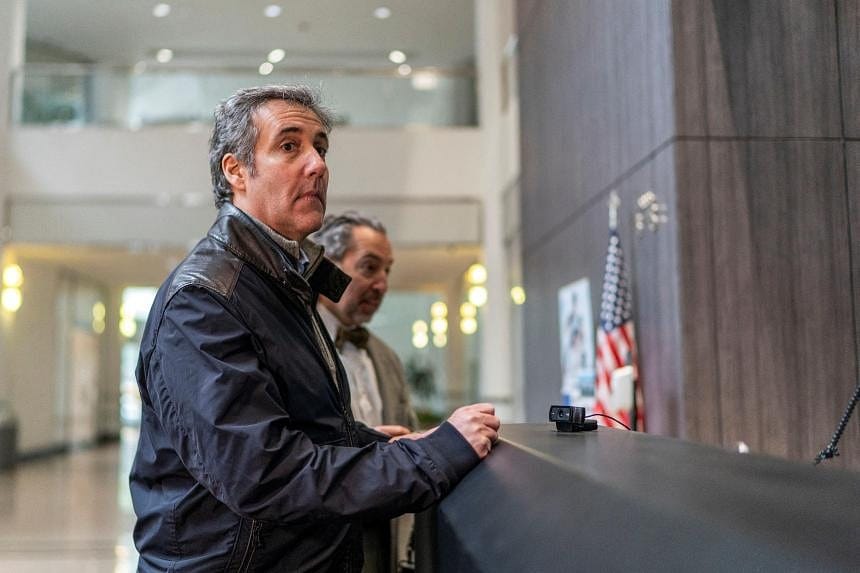Supreme Court Declines to Hear Michael Cohen's Appeal Against Trump Over Retaliatory Imprisonment
Washington, D.C. - On October 21, 2024, the Supreme Court of the United States rejected an appeal from Michael Cohen, the former personal attorney to Donald Trump, thereby declining to revive his lawsuit which alleged that Trump, among others, retaliated against him by returning him to prison. This action
Washington, D.C. - On October 21, 2024, the Supreme Court of the United States rejected an appeal from Michael Cohen, the former personal attorney to Donald Trump, thereby declining to revive his lawsuit which alleged that Trump, among others, retaliated against him by returning him to prison. This action was purportedly in response to Cohen's tell-all book and related media activities critical of the former President.
Cohen's lawsuit centered on his claim that he was sent back to prison from home confinement in retaliation for exercising his First Amendment rights. His legal team argued that this was a direct result of his willingness to publish and discuss a memoir that painted Trump in a negative light. However, the Supreme Court's refusal to hear the case leaves in place lower court decisions which dismissed Cohen's claims, citing recent Supreme Court precedents that have curtailed the ability of individuals to sue federal officials for constitutional rights violations.
This decision highlights an ongoing legal debate regarding the scope of presidential immunity and the rights of individuals who might be perceived as criticizing or opposing federal officials, especially those with presidential ties. Cohen had previously been released to home confinement due to concerns over the spread of COVID-19 in prison facilities but was re-incarcerated after refusing to agree to conditions that would restrict his media appearances and social media posts.
The Supreme Court's decision not to intervene was anticipated by legal analysts, given the Court's recent trend towards limiting "Bivens" claims, which allow lawsuits against federal officials for constitutional violations. This trend was solidified by decisions like Egbert v. Boule (2022), which significantly narrowed the circumstances under which such suits could proceed.
Trump's attorney, Alina Habba, commented on the decision, stating it was a correct move by the Supreme Court, urging Cohen to finally abandon what she described as "frivolous and desperate claims." On the other side, Cohen's legal team expressed disappointment, emphasizing that the case posed fundamental questions about constitutional rights and accountability.
This ruling might have broader implications beyond the specifics of Cohen's case, potentially affecting how former officials could speak out against their past superiors or how critics of government officials might fear reprisal. While Cohen's immediate conditions were addressed through a separate judicial order releasing him back to home confinement, the case's dismissal at the highest level underscores a significant hurdle for those seeking to challenge high-ranking officials through civil lawsuits based on alleged constitutional rights abuses.
The Supreme Court's decision also comes at a politically charged time, with Trump facing various other legal challenges, though unrelated to this specific issue with Cohen. Legal observers noted this case's dismissal might relieve some legal pressure on Trump during an election year, though his legal battles continue on other fronts.
This ruling sets a precedent that might influence future cases involving claims against officials for actions perceived as retaliatory, emphasizing the current judicial climate's preference for legislative rather than judicial remedies in such matters.




